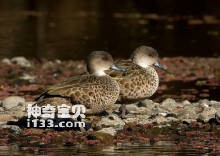
Anas gracilis
Anas gracilis,Grey Teal
The Grey duck (Anas gracilis), also known as Grey Teal, was once classified ···
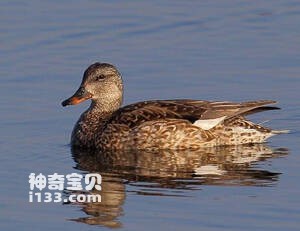
Anas gibberifrons
Anas gibberifrons,Sunda Teal
The Javan grey duck (Anas gibberifrons), also known as Sunda Teal, has three···
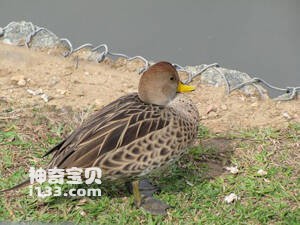
Yellow-billed Pintail
Yellow-billed Pintail,Anas georgica
The Yellow-billed Pintail (Anas georgica) has two subspecies.In winter, the ···
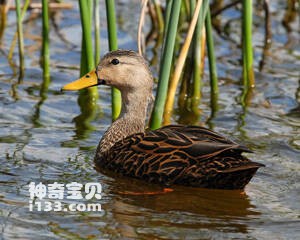
Anas fulvigula
Anas fulvigula,Mottled Duck
The Mottled Duck (Anas fulvigula) is a medium-sized swimming bird in the fam···
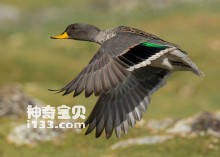
Anas flavirostris
Anas flavirostris,Speckled Teal
The clubbed duck (Anas flavirostris) is known as Speckled Teal and has four ···
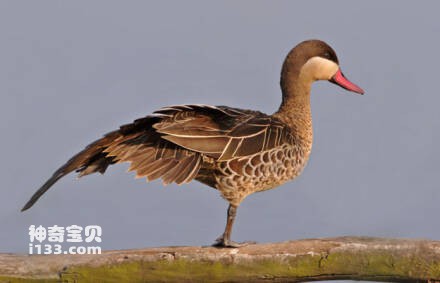
Red-billed Duck
Red-billed Duck,Red-billed Teal
The red-mouted duck (Anas erythrorhyncha) is a highly social social species,···

Anas eatoni
Anas eatoni,Eaton’s Pintail
It is also known as Anas eatoni or Eaton's Pintail, and has two subspeci···
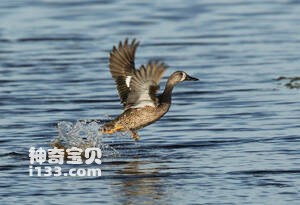
Anas discors
Anas discors,Blue-winged Teal
Blue-winged ducks (Anas discors) are known as blue-winged Teal and prefer to···
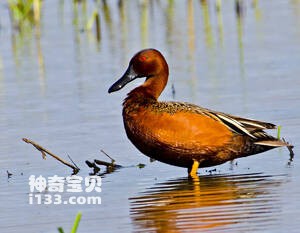
Anas cyanoptera
Anas cyanoptera,Cinnamon Teal
The Cinnamon duck (Anas cyanoptera), also known as Cinnamon Teal, has five s···
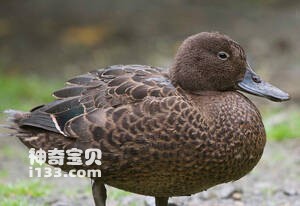
Anas chlorotis
Anas chlorotis,Brown Teal
The New Zealand duck (Anas chlorotis), also known as Brown Teal, was once on···
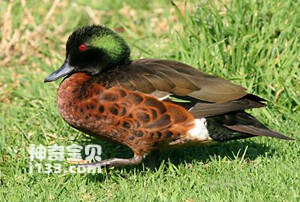
Anas castanea
Anas castanea,Chestnut-breasted Teal
Chestnut-breasted duck (Anas castanea) Chestnut breasted Teal, no subspecies···
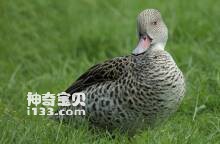
Anas capensis
Anas capensis,Cape Widgeon
Anas capensis or Cape Widgeon are aquatic plants and small organisms such as···
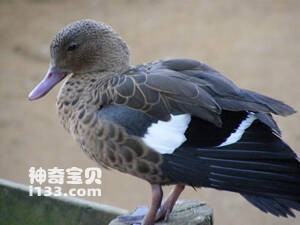
Anas bernieri
Anas bernieri,Madagascar Teal
The Madagascar Teal (Anas bernieri) is a slightly smaller teal.The Falkislan···
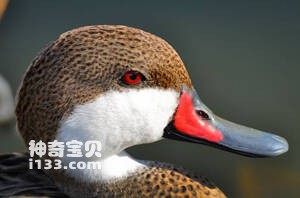
Anas bahamensis
Anas bahamensis,White-cheeked Pintail
The White-cheeked Pintail duck (Anas bahamensis) has three subspecies and is···
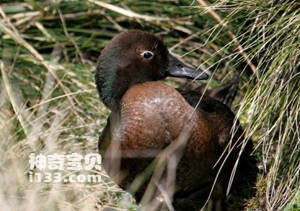
Anas aucklandica
Anas aucklandica
There are three subspecies of the Aoshima duck, Anas aucklandica.Oshima duck···
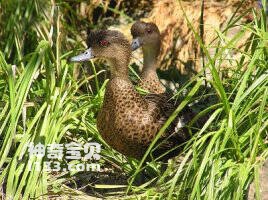
Anas albogularis
Anas albogularis,Andaman Teal
The Andaman Teal (Anas albogularis) is a duckling species found in the Andam···
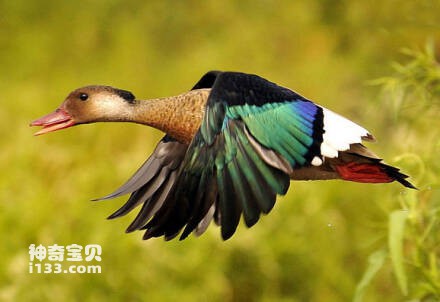
Amazonetta brasiliensis
Amazonetta brasiliensis,Brazilian Teal
Amazonetta brasiliensis, Brazilian Teal, eats seeds, fruits, roots and insec···
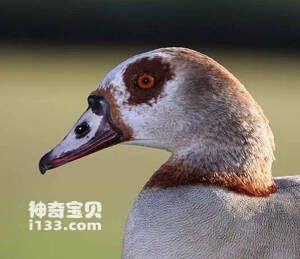
Alopochen aegyptiacus
Alopochen aegyptiacus,Egyptian Goose
Egyptian Goose (Alopochen aegyptiacus), no subspecies.Egyptian wild goose is···
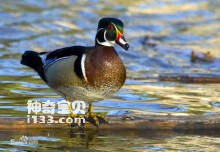
Aix sponsa
Aix sponsa,Wood Duck
Aix sponsa Wood Duck, no subspecies, is a small, brightly colored, tree-dwel···
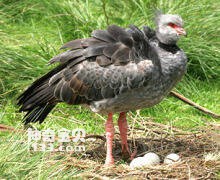
Chauna torquata
Chauna torquata,Southern Screamer
The crested duck (Latin: Chauna torquata, English: Southern Screamer) has sp···
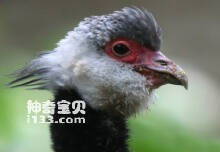
chauna chavaria
chauna chavaria,Northern Screamer
The black-necked duck (Latin name: chauna chavaria, English name: Northern S···
